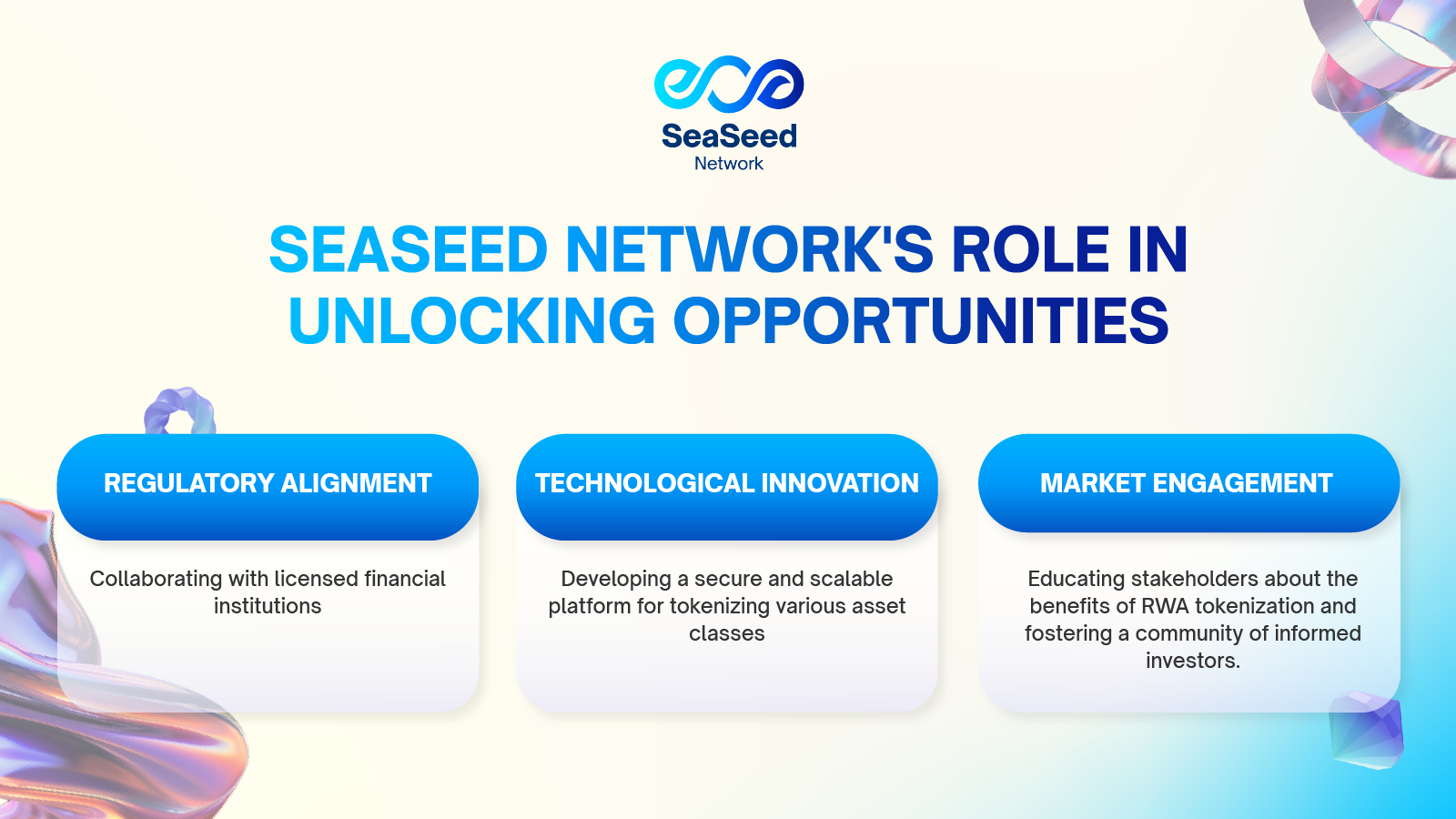The Asia-Pacific region is emerging as a pivotal hub for Real World Asset (RWA) tokenization, driven by its robust economic growth and technological advancements. This transformation presents significant opportunities and challenges for stakeholders in the financial ecosystem.
Opportunities in the Asia-Pacific RWA Market
- Economic Growth and Investment Potential
The Asia-Pacific region continues to be a major contributor to global economic expansion. The International Monetary Fund (IMF) projects the region’s growth at 4.6% in 2024 and 4.4% in 2025, accounting for approximately 60% of global growth, said International Monetary Fund.
According to Asian Development Bank, Asia’s GDP is projected to nearly double by 2050, reaching around $65 trillion, accounting for 50% of global GDP, driven by rising middle classes and strong industrial and technological development. SEA’s combined economy is projected to reach over $5.7 trillion by 2030, positioning the region as a critical global economic hub.
This economic dynamism creates a fertile environment for RWA tokenization, offering investors access to a diverse range of assets, including real estate, commodities, and infrastructure projects.
- Technological Advancements and Blockchain Adoption
Asia-Pacific countries are at the forefront of blockchain technology adoption. Governments and private enterprises are investing in digital infrastructure, facilitating the integration of blockchain solutions in various sectors.
In March 2024, Grab, a Singapore-based super-app offering services such as taxi-hailing and food delivery, began accepting top-ups to its e-wallet via cryptocurrencies. Users can now make payments using Bitcoin, Ether, XSGD, Circle USD, and Tether, indicating a growing acceptance of blockchain-based transactions in everyday services.
The South Korean government allocated 20 billion Won (£11.4 million) to develop local blockchain expertise, aiming to strengthen its position in the blockchain industry this year. This initiative, led by the Ministry of Science and ICT and the Korea Internet & Security Agency (KISA), focuses on refining and expanding blockchain services for public and private use.
This technological readiness supports the seamless tokenization of real-world assets, enhancing liquidity and accessibility for investors.
- Regulatory Support and Innovation
Several Asia-Pacific nations are establishing regulatory frameworks to support digital asset innovation. For instance, Singapore has implemented clear guidelines for digital assets, fostering a conducive environment for RWA tokenization, according to Withum. Such regulatory clarity attracts global investors and encourages the development of compliant tokenization platforms.
Challenges in RWA Tokenization
- Regulatory Variability
Despite progress, regulatory approaches to digital assets vary across the region. This inconsistency can create complexities for cross-border tokenization initiatives, necessitating harmonization efforts to facilitate seamless operations. - Market Education and Awareness
The concept of RWA tokenization is still nascent, and there is a need for comprehensive education among investors and institutions. Building trust and understanding of the benefits and risks associated with tokenized assets is crucial for widespread adoption. - Infrastructure and Security Concerns
Ensuring robust technological infrastructure and addressing cybersecurity risks are paramount. The integrity of tokenized assets depends on secure platforms that can withstand potential threats, necessitating continuous investment in security measures.
SeaSeed Network’s Role in Unlocking Opportunities

SeaSeed Network is positioned to play a transformative role in the Asia-Pacific RWA tokenization landscape. By leveraging partnerships with licensed financial institutions and focusing on regulatory compliance, SeaSeed offers a secure and efficient platform for asset tokenization. Its commitment to transparency and security addresses key challenges, fostering trust among investors and issuers.
Furthermore, SeaSeed’s emphasis on education and community engagement aims to demystify RWA tokenization, promoting informed participation in this evolving market. By aligning technological innovation with regulatory standards, SeaSeed Network is poised to unlock new opportunities in the Asia-Pacific region’s financial ecosystem.
In conclusion, the Asia-Pacific region presents a unique growth potential for RWA tokenization, supported by economic expansion, technological adoption, and regulatory initiatives. While challenges exist, platforms like SeaSeed Network are instrumental in navigating these complexities, paving the way for a dynamic and inclusive tokenized asset market.
Visit us:
SeaSeed Network: Aimed at bridging the gap between traditional and decentralized finance, SeaSeed Network offers a robust real-world asset layer-1 blockchain solution for the seamless onboarding of financial assets into the Web3 space. We empower top-tier financial institutions to seamlessly tokenize their assets.



